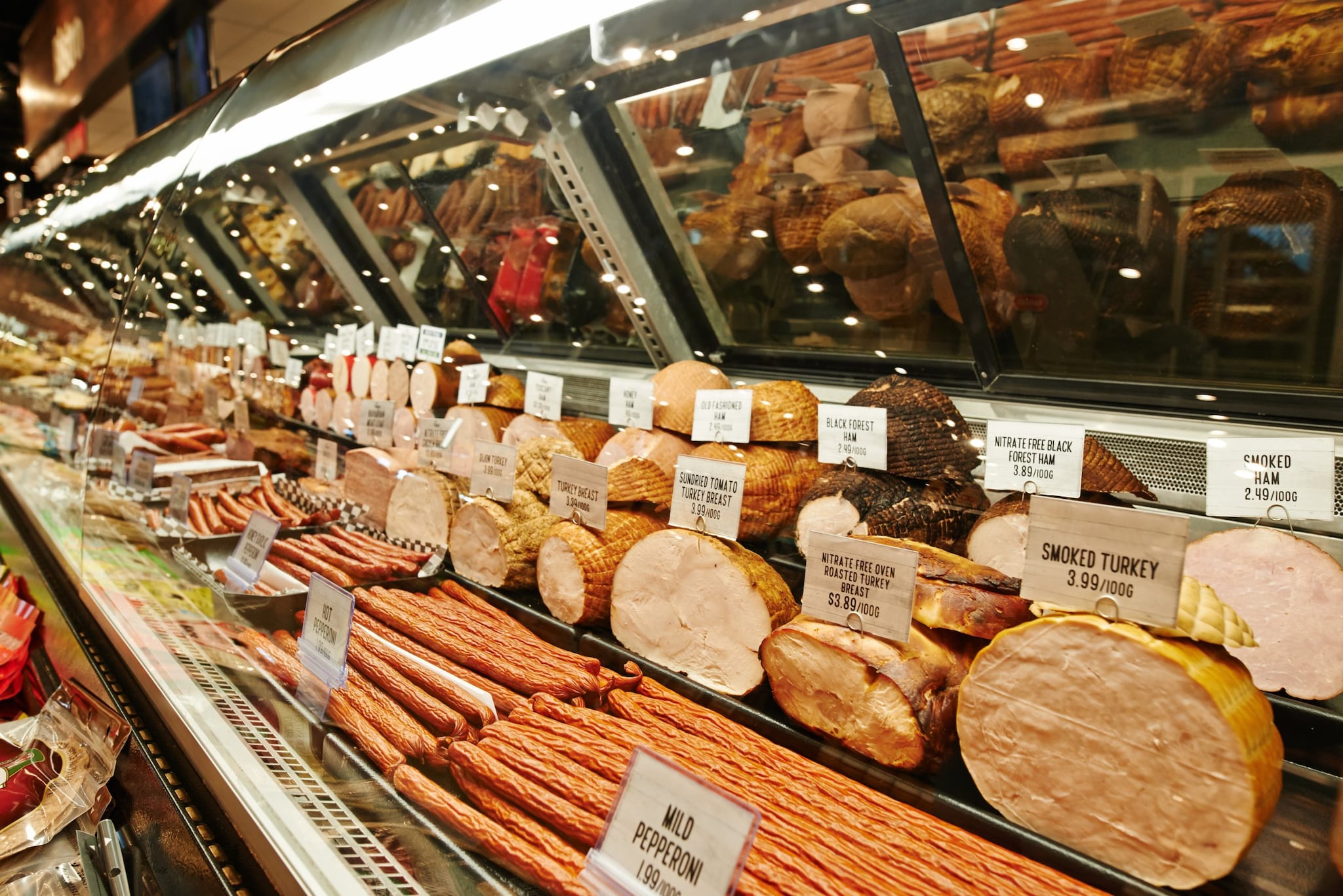What to know
- Listeria infection is rare. An estimated 1,600 people in the U.S. get sick from Listeria each year.
- Some foods are more likely than others to be contaminated with Listeria.
- You can take steps to prevent Listeria infection from these foods.
- Taking these steps is especially important if you or someone you cook for is at increased risk for Listeria infection.

Who is at risk
Listeria infection is rare. But it can be especially harmful for some people. Talking to your healthcare provide can help determine if you are at greater risk. You may be at higher risk if you are in one of the following groups:
Prevention steps and strategies
If you are in any of these groups, choose safer foods to protect your health or your pregnancy.
| Avoid | Choose these instead |
|---|---|
|
|
|
|
|
|
|
|
|
|
|
|
|
|
|
|
Enoki Mushrooms
CDC is investigating outbreaks linked to Listeria in enoki mushrooms. If you are at increased risk for infection, do not eat raw mushrooms. When at home and when dining out, eat mushrooms only if they have been cooked thoroughly to reduce risk of illness.
Learn more about these foods
Some foods are more likely to be contaminated with Listeria.
Learn about those foods and some recent outbreaks linked to them.
Resources
Food safety booklets
These booklets from the U.S. Food and Drug Administration (FDA) are a thorough guide to food safety. You can download them in English or Spanish from FDA's website.
- Food Safety Booklet for Pregnant Women, Their Unborn Babies, and Children Under Five
- Food Safety for Older Adults and People with Cancer, Diabetes, HIV/AIDS, Organ Transplants, and Autoimmune Diseases




